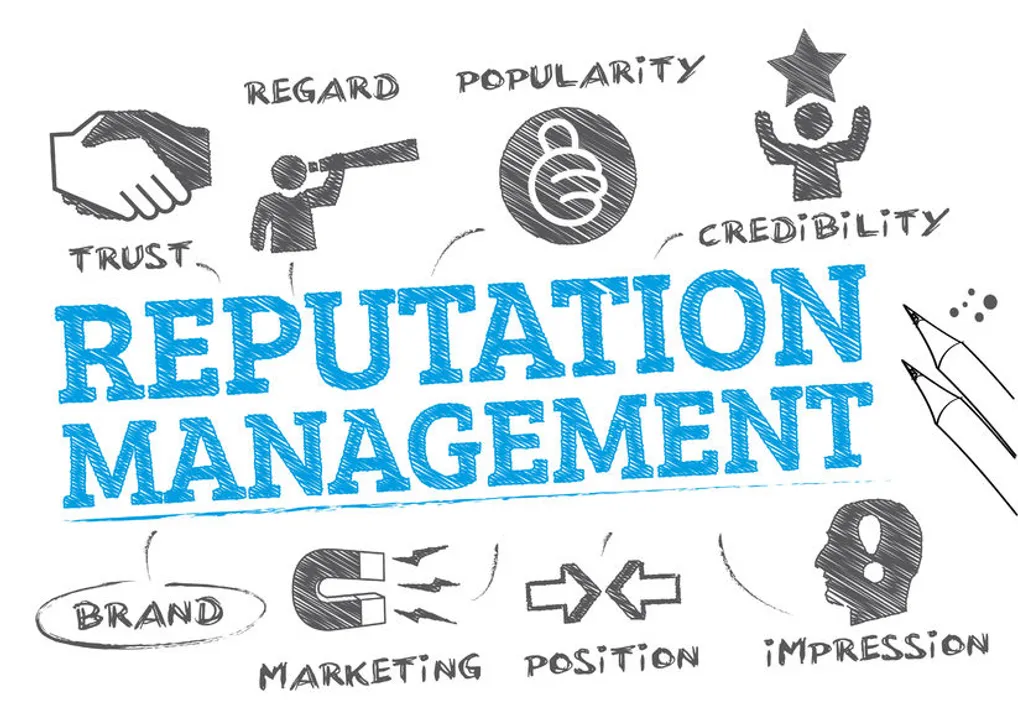Reputation Management and Recruitment

Jrg Schiemann/123RF.com
You work tirelessly to serve and to create a sterling reputation in the healthcare community. You’re diligent in protecting your institution and promoting a vibrant, engaged workforce, and your recruitment team works hard to position you as a top employer in the area. But a handful of negative online reviews can destroy what you’ve built in a matter of hours or days.
We live in an environment of searches: we check online reviews before we try a new restaurant, shop at a new store, or seek a service provider. Healthcare is not immune; in fact, a negative online presence for a healthcare provider could be even more damaging than for the average business. While companies deluged with negative press can fold or rename themselves, non-profit and even for-profit health providers rarely have that option. The fact is, your online reputation is priceless. You must protect and defend it fiercely to maintain your status in the community you serve and the healthcare community as a whole.
Your Recruitment Reputation
When it comes to hiring, your online reputation is just as valuable. All providers look to hire the top talent in their field, but if your online reputation isn’t stellar, candidates will find one whose is. CareerArc reported 61% of candidates review a company’s website before applying, and 55% of job seekers will not apply for a position with an employer that holds negative online reviews. Harvard Business Review reports a bad online reputation can cost institutions at least 10% more per hire to recruit. The days of ignoring bad reviews are over - healthcare providers must take affirmative action to protect and promote their online reputation.
First Steps
To manage your online reputation, start a dedicated employee, either in Public Relations, Marketing, or Outreach who is responsible to monitor and protect your online persona. While that person may have the responsibility to protect your image, by no means should he or be the last word in doing so. She will need to work cooperatively with each impacted department to assure messaging and responses are within the limits of the law (if privacy is at issue) and are appropriate.
For Recruitment
Candidate experience is key to positive, talented candidate flow, and so often the bulk of negative reviews stem from recruitment. Another report from CareerArc shows 60% of applicants report a negative candidate experience, and 60% of employers have read negative feedback online about their processes.
If job seekers wait weeks or longer to have their application acknowledged, or wait for first interviews, callbacks or notifications, you’re more apt to see complaints online. Unfortunately, that’s not uncommon; the same study showed 65% of candidates report never or rarely receiving notice about the status of their application. Better communication is the answer to improving candidate experience. Acknowledging you received a resume, even if it’s done automatically, is a good first start. From there, keep communication open and timely. If your hiring process is lengthy, for example, that’s fine. But tell job seekers what to expect and adhere strictly to your timelines.
Bad Reviews and How to Deal With Them
Sometimes no matter how hard you try, you’re going to get a bad online review. Sometimes (hopefully rarely) they’re actually deserved. Whatever the cause of the comment, it’s important to respond quickly and appropriately.
Dos and Don’ts
- Don’t respond emotionally. If your first reaction is anger, it’s wise to wait until your emotions are under control. Don’t take too long – the longer it’s up there, the more it is being read.
- If the reviewer has left a name (or you can identify him from the comments) your first attempt should be to reach out personally. Let her know you’ll look into the situation and ask her to remove or suspend the comment until you have a chance to remedy the situation.
- Investigate the comment. Being knowledgeable in your response validates that you took the comment seriously and took the time to look into it. Look for candid feedback and information from anyone involved, but don’t be surprised if you don’t get a lot of mea culpa responses. Let people know you’re looking to respond to a comment, not exact punishment.
If you’ve made the mistake
Acknowledge it respectfully, professionally, and apologize. Be generic in your response; don’t fault specific people or departments. Nothing says bad employer worse than a “blame them” attitude. Ask the reviewer if there is anything you can do to remedy the situation.
In many cases, the writer will remove the comment. If not, or if you can’t identify the commenter, you’ll want to respond with the same steps, but publicly rather than in private.
If you haven’t made the mistake
You’ll want to be careful here – your goal is to correct the record without shaming the commenter. A delicate use of language will be needed that should gently include apologies that the writer didn’t understand fully, but that the facts are X, Y and Z. Again, ask the reviewer if any remedy can be found.
If you must respond publicly, remember the original commenter is not your only audience. When responding to unfair negative comments, readers will see whether you’re interested in being right or in being gracious and professional.
For most employers, the simplest path to online redemption is the truth. If your application process is too lengthy, acknowledge that you’re aware of the situation and working to streamline. For the candidate, it may show vindication; for future applicants, it may show progress. In fact, Glassdoor reports 69% of job seekers are more apt to apply to a company that actively responds to reviews.
Create positive online review opportunities
Managing your online presence is more than just responding to negative reviews. Respond gratefully to positive reviews, as well. Every opportunity to promote the value you place on people promotes your institution in the online community.
Ask for positive reviews. When you’ve had constructive experiences with grateful candidates, ask them to tell all. Positive online reviews not only offset any negatives, they attract even more talent to your door. Don’t be afraid to ask.
Last Resorts
Some online review companies have a process in which you can dispute false or inflammatory reviews; others do not. You’ll need to investigate whatever processes are available to you. There are companies that can (for a fee) help remove or dilute bad online reviews. Some are legitimate, but others may not be. For highly problematic reviews, some companies even consider legal remedies. But for companies that proactively monitor and protect their online presence, there shouldn’t be a need.
Related Posts
